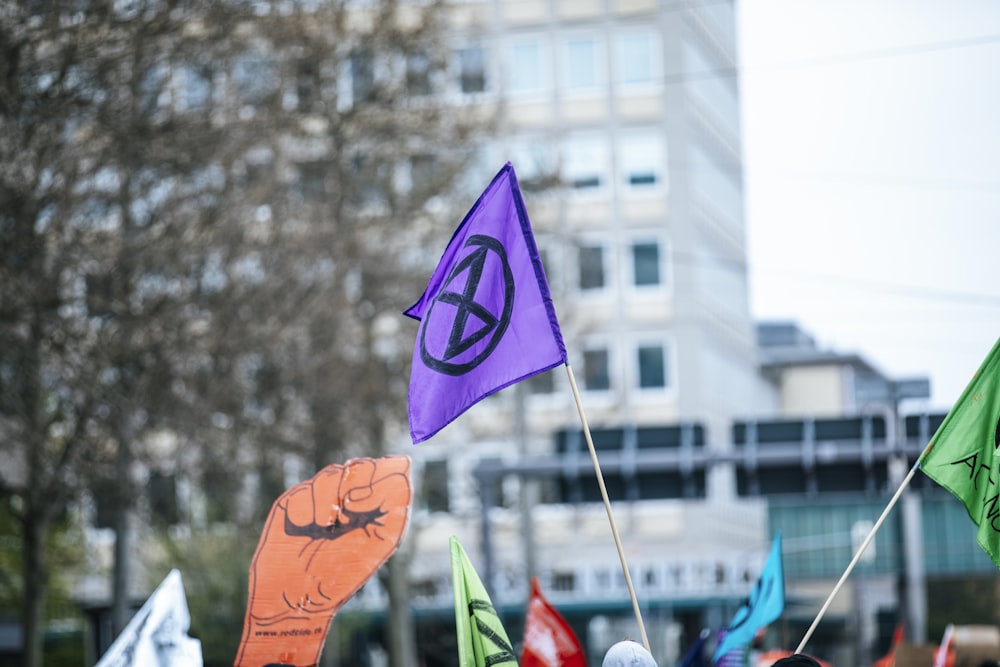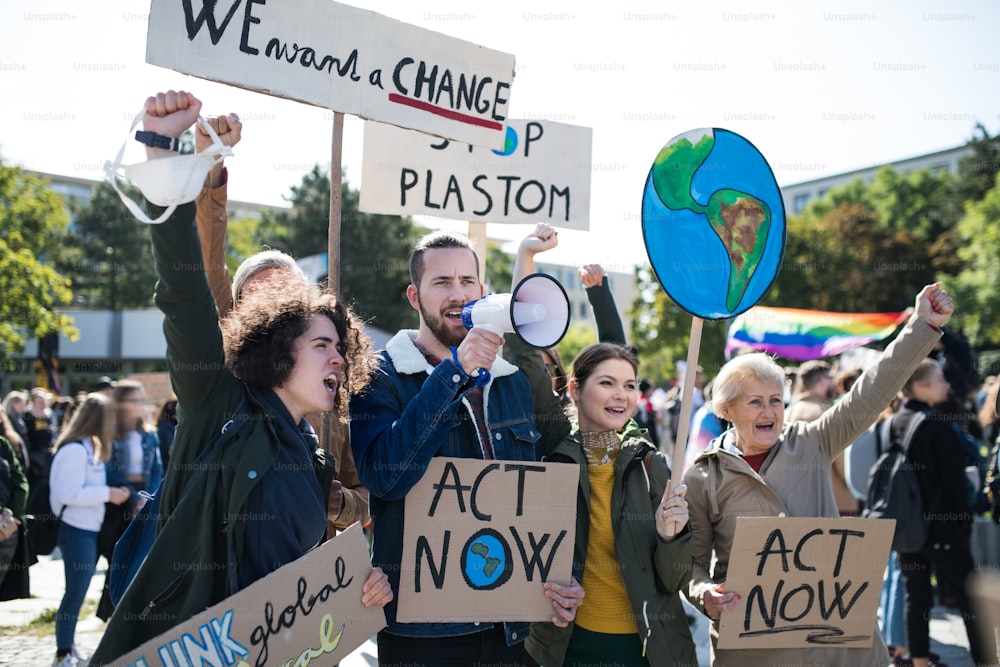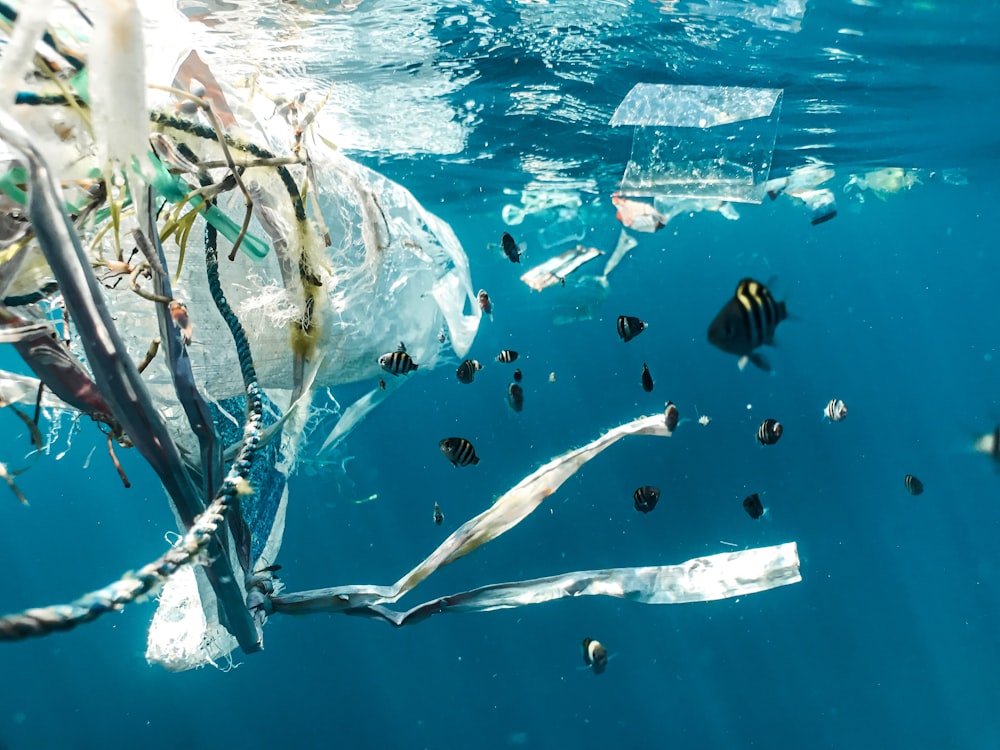Earth Day is an annual event that takes place on April 22nd every year with the aim of bringing people together to raise awareness on issues arising from climate change. Its main goal is to promote sustainability and encourage individuals to take steps towards protecting the Earth.
Every Earth Day has a theme, with this year’s theme being to ‘Invest in our Planet’. The goal is to encourage governments and businesses to invest in green practices to help economies and industries develop in a more sustainable fashion. It will also look to encourage consumers and voters to take these ‘green’ practices into account when casting votes and buying from businesses.
In this article, we’ll go into more detail on what Earth Day is and how it came about, before going through a few simple things you can do to make a difference.
What you need to know:
Earth Day was started by Senator Gaylord Nelson, who was reacting to the vast amount of consumption and manufacturing in America. This high level of industrialisation led to smog-covered cities, which in turn had serious health implications for urban populations. At the time, the companies responsible did not have to worry about bad press, or any consequences from the law. In 1969, a large oil spill in Santa Barbara acted as a catalyst for Nelson, who used it to fuel his movement.
Senator Nelson used the enthusiasm of the anti-war movement at the time to gain support for his Earth Day movement, capitalising on the already fired up students around the country. He also recruited David Hayes, a young activist, to help gain support for his cause and organise the campus teach-ins. The two decided on April 22nd due to it falling between spring break and exams to maximise student participation. This all led to the first ‘Earth Day’ being held on April 22nd 1970.
Earth Day started as a grassroots movement in America and inspired 20 million people to demonstrate against the health impacts brought about by excessive consumption and production of harmful gases in America at the time. By 1990, the movement had grown to 200 million people in 141 countries worldwide. As a result of this huge growth, environmental issues were suddenly made visible on the world stage. This unprecedented take up of Earth Day also paved the way for the 1992 United Nations Earth Summit in Rio De Janeiro.
Nowadays, Earth Day mobilises 1 billion people in 193 different countries across the world and is a massive part of the green movement, helping us transition towards a more sustainable planet by raising awareness on key environmental issues.
What can you do?
When you hear about a movement like Earth Day, which tackles enormous global issues, it’s easy to feel like your own actions won’t make a difference. But that is not true. Here are four simple things you can incorporate into your lifestyle to make a difference this Earth Day and for the rest of the year:
Make your next meal meat free – Don’t worry meat lovers, we are not telling you to go vegetarian. But simply having a few meat free meals over the week does more for the planet than you might think. A single pound of beef requires 1,800 gallons of water, compared to a plant based burger which uses 99% less water. On top of this, its production generates 90% less greenhouse gases (GHG). So, even having one meat free day a week is certainly a good place to start.
Carry a reusable bag – It’s estimated that we use 4 TRILLION plastic bags each year worldwide, with the average bag being used for 10-20 minutes before spending up to 1000 years in landfill. We have all been to the shops, got out of the car and realised that we forgot our bags. It happens to the best of us! But, by keeping a reusable bag in your car or your handbag can massively help to reduce the consumption and production of plastic bags.
Fight fast fashion – The fashion industry produces 150 billion garments a year and 87% (40 million tons) end up in a landfill where they smoulder and pollute the air. The fashion industry is responsible for 4% of global GHG emission – that’s the same as Germany, France and UK combined. You can help fight this by simply digging up old clothes and wearing them; buying second hand clothes off resell sites; buying clothes made from sustainable materials and by researching the brands you buy from before buying. Or you can even head over to a ‘Swap Station’ in Canary Wharf, where retailers are letting you swap your clothes for shopping vouchers so the clothes can be repurposed.
Join a clean up – Clean ups are a big part of the Earth Day Movement and help to remove waste from our environment and dispose of it properly. Spend 15 minutes walking around your neighbourhood and pick up bottles and trash people have left out, or join an organised cleanup in your area using this link – https://www.earthday.org/campaign/cleanup/#map
It is much easier to make a difference than you think, even these small acts will have an impact and are easy ways to reduce your personal carbon footprint and make your lifestyle more sustainable. So, what are you going to do to make a difference this Earth Day?































